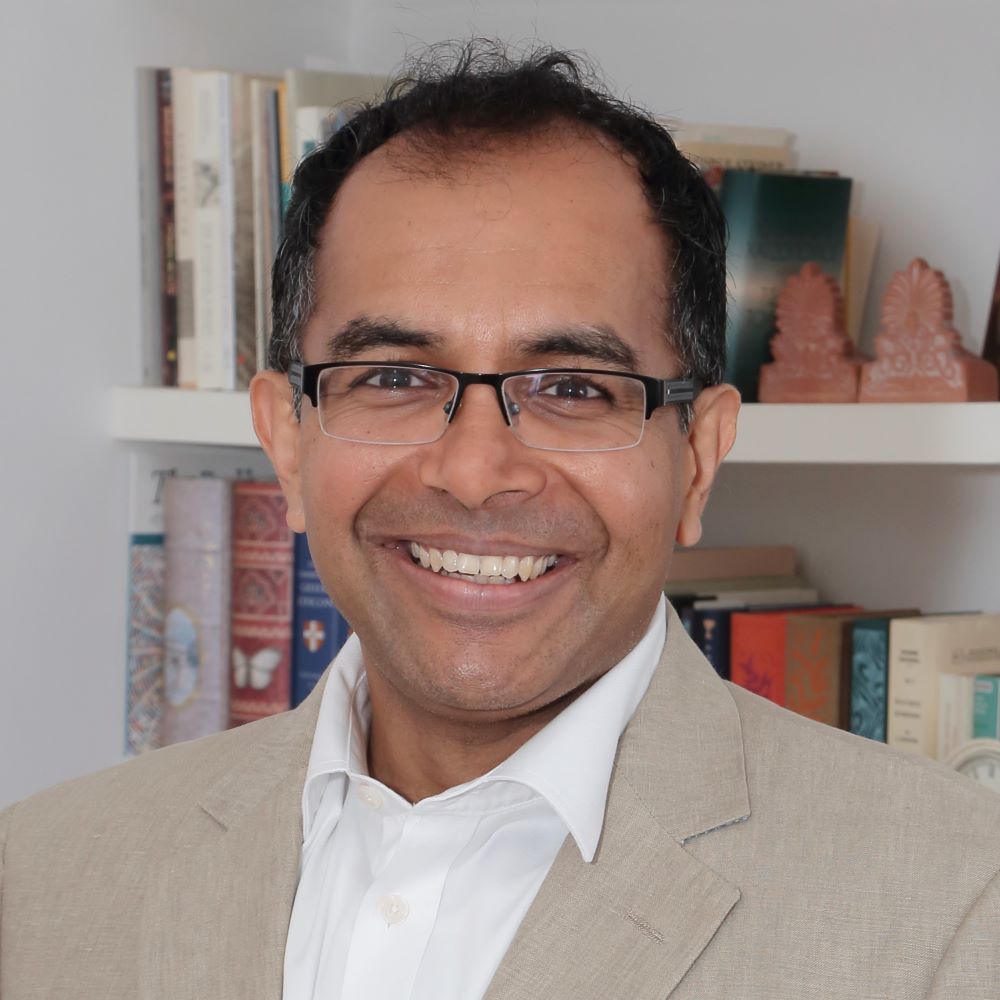Gastroenterology
Gastroenterology is the diagnosis and treatment of disorders of your digestive system.
About gastroenterology
Our gastroenterology team specialises in treating gastrointestinal (stomach and intestines) and hepatological (liver, gallbladder, and pancreas) disorders.
We carry out all diagnostic tests onsite, with a quick turnaround of results.
Digestive system conditions are often complex, and our gastroenterologist consultants work as part of multidisciplinary teams to provide a holistic approach to your care.
We also offer a rapid-access bowel care diagnostic pathway, which enables patients to see a consultant, undergo the necessary tests, and receive a diagnosis in the shortest possible time.
Why choose us?
At Cromwell Hospital, you can expect:
- multidisciplinary care – gastroenterology consultants and experts from different specialties meet regularly to review complex cases to ensure the best possible care
- state-of-the-art diagnostic imaging and screening
- extensive expertise – our gastroenterologists and surgeons are highly experienced in treating gastrointestinal conditions
Call us today – our team will be happy to answer any questions and book your appointment.
For self-pay patients: +44 (0)20 7244 4886
For insured patients: +44 (0)20 7460 5700
Gastroenterology conditions
Common gastroenterology and digestive tract conditions treated at Cromwell Hospital include:
- cancer, including bowel cancer and gastrointestinal tract cancer
- cirrhosis
- colitis
- Crohn's disease
- gluten allergy
- heartburn
- hepatitis
- irritable bowel syndrome
- pancreatitis
- ulcer-like pain
Gastroenterology diagnostics
Investigating a bowel problem can involve diagnostic gastroenterology tests, such as:
Capsule endoscopy is a non-invasive procedure used to investigate the health of your digestive system.
It involves swallowing a small capsule which contains a wireless camera; the camera transmits images as it travels through your digestive system.
A colonoscopy is used to examine your large intestine (colon) and rectum to investigate any symptoms or problems.
The procedure is carried out using a colonoscope, which is a thin, flexible tube fitted with a small light and video camera. The camera sends detailed images of your lower gastrointestinal system back to a monitor, where they are viewed by your consultant or specialist nurse.
A diagnostic endoscopic retrograde cholangio-pancreatography (ERCP) is a procedure used to investigate any problems in your bile and pancreatic ducts.
It is carried out using an endoscope, which is a thin, flexible tube fitted with a small light and video camera. In combination with X-rays, this will give your hepatologist a clear picture of how well your liver, gall bladder, bile, and pancreatic ducts are working.
A gastroscopy is a procedure to examine your oesophagus (food pipe), stomach, and the first part of your small intestine to investigate any symptoms or problems. It is sometimes done alongside a colonoscopy, a procedure to examine your large intestine (colon) and rectum.
The procedures are carried out with types of endoscope, which is a thin, flexible tube fitted with a small light and camera. Together, they provide your consultant with detailed images of both your upper and lower gastrointestinal system.
A gastroscopy is a procedure to examine your oesophagus (food pipe), stomach, and the first part of your small intestine to investigate any symptoms or problems.
The procedure is carried out using an endoscope, which is a thin, flexible tube fitted with a small light and camera. The camera sends detailed images of your upper gastrointestinal system back to a monitor viewed by your consultant or specialist nurse.
A haemorrhoidectomy surgery is a procedure to remove haemorrhoids (swollen veins in or around the anus and lower rectum).
Therapeutic endoscopic retrograde cholangio-pancreatography (ERCP) is a procedure to treat problems in your bile and pancreatic ducts, such as gallstones.
It is carried out using an endoscope, which is a thin, flexible tube fitted with a small light and video camera. In combination with X-rays, your hepatologist can use small tools passed through the endoscope to open blocked ducts, remove stones or tumours, or insert a stent (a small tube that holds open blocked bile or pancreatic ducts).
A therapeutic gastroscopy is a procedure to examine your oesophagus (food pipe), stomach, and the first part of your small intestine and to treat any symptoms or problems.
A therapeutic gastroscopy is sometimes done alongside a colonoscopy, which is a procedure to examine your large intestine (colon) and rectum.
The procedures are carried out with types of endoscope, which is a thin, flexible tube fitted with a small light and camera. Together, they provide your consultant with detailed images of your upper and lower gastrointestinal system.
Paying for your treatment
We welcome both self-paying and insured patients.
Self-pay patients
We offer several ways for patients to self-pay, including pay-as-you-go and self-pay packages.
Insured patients
At Cromwell Hospital, we accept private health insurance from most major providers, including AXA, Aviva, Bupa, and Vitality.
Our locations
Please note, Basinghall Clinic may not provide all the services listed on this page.

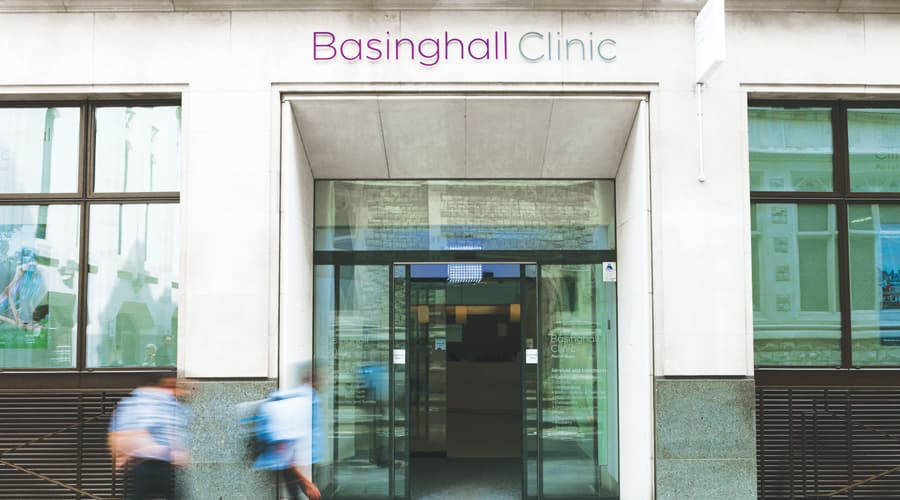
Contact us today
Our team will be happy to answer any questions and book your appointment.
Self-pay: +44 (0)20 7244 4886
Insured: +44 (0)20 7460 5700
Private gastroenterologists in London
Showing 1-6 of 16
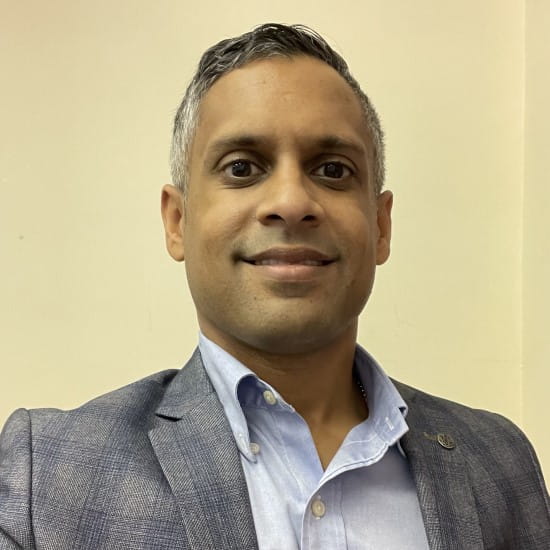
Dr Aruchuna Ruban
Consultant Gastroenterologist
Gastroenterology, Endoscopy, Inflammatory bowel disease

Professor Annette Fritscher-Ravens
Consultant Gastroenterologist
Gastroenterology
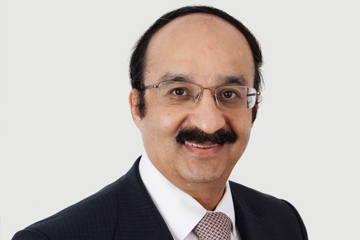
Dr Sameer Zar
Consultant Gastroenterologist
Gastroenterology, Endoscopy, Hepatobiliary

Dr Kinesh Patel
Consultant Gastroenterologist
Gastroenterology
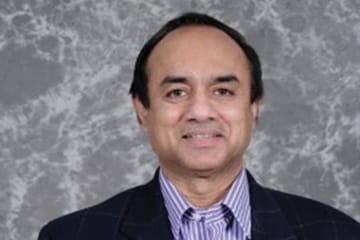
Dr Jayantha Arnold
Consultant Gastroenterologist
Gastroenterology

Dr Marcus Harbord
Consultant Gastroenterologist
Gastroenterology, Endoscopy, Inflammatory bowel disease

Dr John Martin
Consultant Gastroenterologist
Gastroenterology, Endoscopy, Inflammatory bowel disease

Dr Michael Anderson
Consultant Gastroenterologist
Gastroenterology
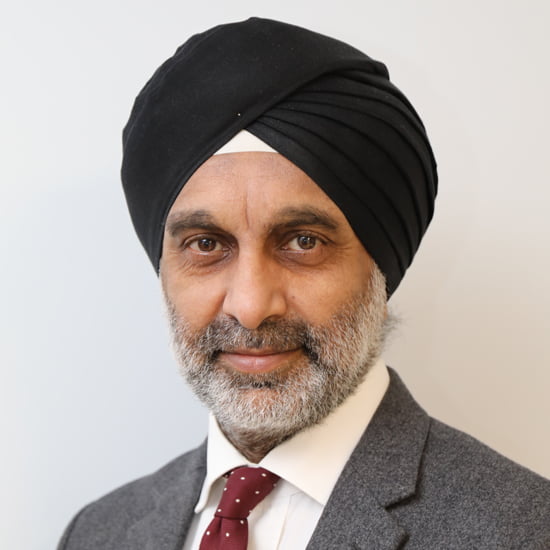
Dr Devinder Bansi
Consultant Gastroenterologist
Gastroenterology

Professor Ingvar Bjarnason
Consultant Gastroenterologist
Gastroenterology, Inflammatory bowel disease
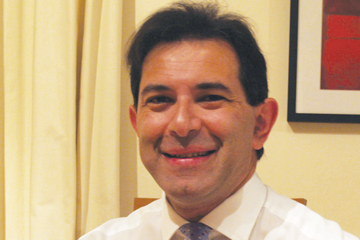
Dr David Sherman
Consultant Physician, Gastroenterologist & Hepatologist
Gastroenterology, Endoscopy, Hepatobiliary, Inflammatory bowel disease
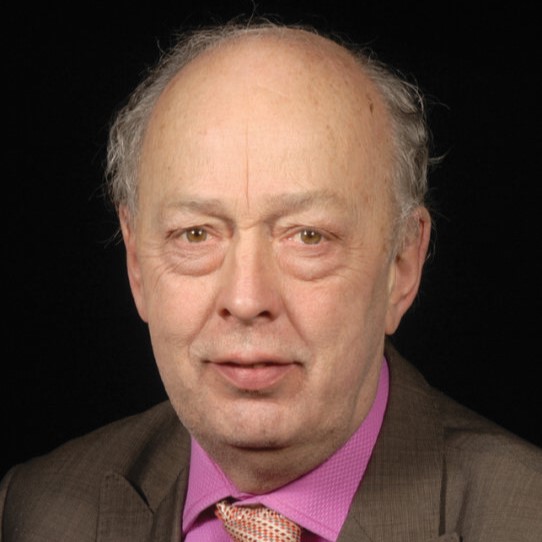
Professor Brian Gazzard
Consultant Gastroenterologist
Gastroenterology
Book an appointment today
Call us now for appointment bookings, general queries, and personalised quotes.
Alternatively, you can contact us using our online form.



